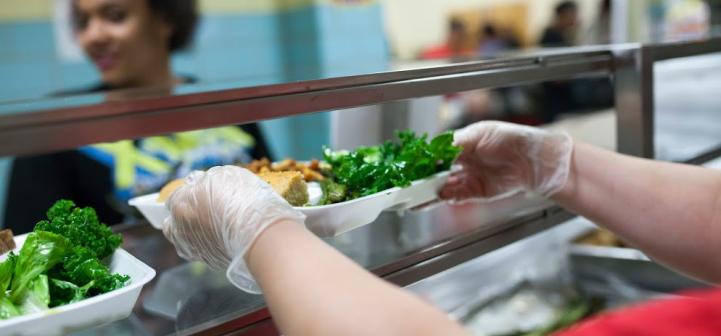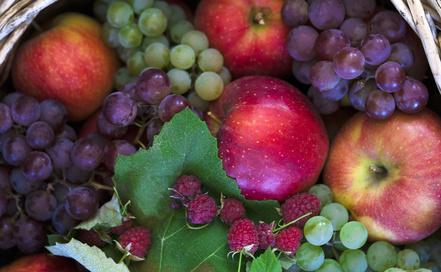
Having grown up walking through the farmers’ markets of the San Francisco Bay Area, Alex Freeman immersed himself in the local and organic food culture that was rapidly expanding. He remembers his family purchasing fresh produce from the markets every weekend, which complemented the family’s daily home cooked meals. Freeman quickly developed an appreciation for food, but it wasn’t until college when he realized that his access to fresh, whole foods was a privilege.
During his time at Tufts University studying environmental and international studies, Alex came to further understand the links between food, the environment, and people, and began viewing food as a large-scale social justice issue. Post-graduation, Alex served in FoodCorps with organizations like City Sprouts to oversee and deliver school garden and education programming for racially and culturally diverse communities in the urban Boston area. Alex was the school garden coordinator for two schools in Lynn, a socioeconomically depressed area with large Dominican, Cambodian, Iraqi, East African, and Russian populations. After one year with FoodCorps, he transitioned into the two- year-long role of the state Program Coordinator for FoodCorps where he and his colleagues, began considering the cultural sensitivity of the current school food and nutrition programming. It was clear that the needs of the diverse communities he oversaw were not being met.
Making changes in recipes for food demonstration and garden crops, Alex and his team started celebrating the importance of culturally appropriate foods for the communities he served. Soon after, Alex developed a resource guide for schools and school food advocates to begin taking a similar approach to school meals.
Alex noted that changes do not come without some roadblocks, including school kitchen structure and available products offered by contract food service companies. In Lynn, some schools do not have kitchens and instead subcontract with a provider of frozen meals, which do not always include culturally diverse options. Despite these obstacles, Alex joined forces with the Lynn Food and Fitness Alliance, which opened the opportunity to work with a school dietitian and choose two items from the contract food service’s list to pilot on occasion.
Alex continues to champion healthier, culturally diverse school food to satisfy the diverse tastes in Lynn. He would still like to see more interest from schools, especially from the student population. “Student voices are disenfranchised in a school setting,” says Alex. “When the biggest beneficiaries of school food are students, I think that there can be only good things.” When encountering the challenges of creating school food changes, Alex’s story acts as a reminder to continue pursuing a brighter, more culturally educated future for our children.
Contributors
Allison Milch and Alisha Gaines, PhD, Cornell University, Division of Nutritional Sciences
Resources
Enriching School Lunches with Greater Nutritional and Cultural Values, eXtension.org
From Pho to Burritos: Highlighting Doug Davis, Director of Food Services for Burlington Public Schools, eXtension.org
Massachusetts, Alex Freedman Foodcorps. SERVING UP TRADITION: A Guide for School Food in Culturally Diverse Communities (n.d.): n. pag. Food Corps Massachusetts. Web. 19 Oct. 2016.
The Culture of Cambridge: Successfully Incorporating Culturally Appropriate School Meals, eXtension.org
“Food service staff at a Delaware high school serving up a local lunch, including kale” by U.S. Department of Agriculture is licensed under CC BY 2.0
